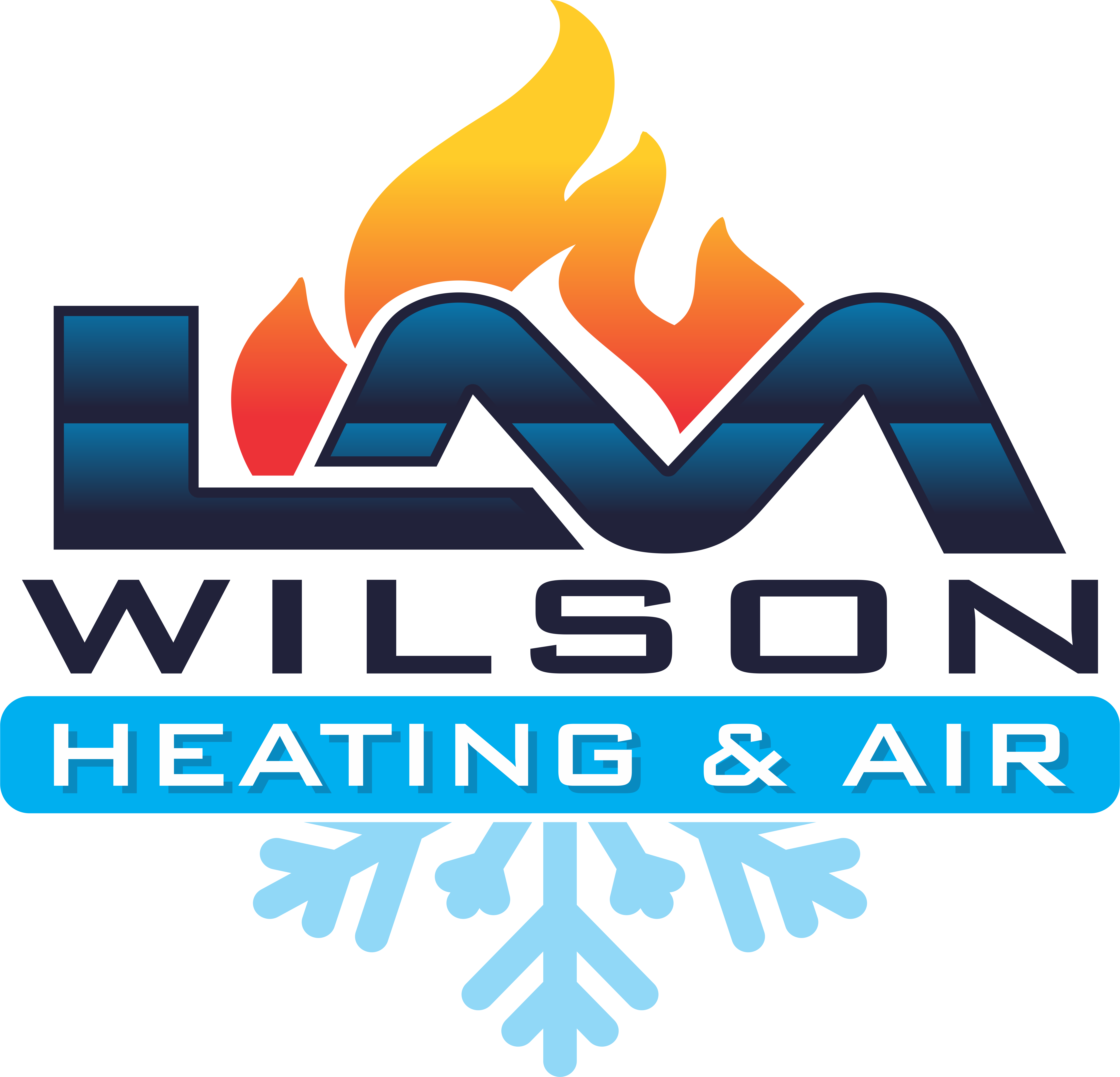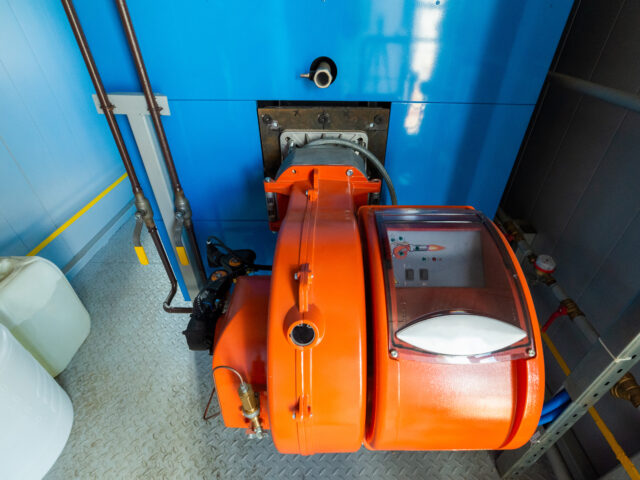Dual Fuel Heating Repairs, Installation, and Maintenance
Dual fuel heating systems offer versatile solutions for maintaining indoor comfort by utilizing both a heat pump and a traditional furnace. These systems are designed to optimize energy efficiency and performance by seamlessly switching between the two heating sources based on outdoor temperatures and energy costs.
Operating on a refrigerant-based mechanism, heat pumps absorb warmth from outdoor air during winter and transfer it indoors, while during summer, they remove heat from indoors and discharge it outside. This process is highly energy-efficient, requiring minimal energy input to move significant amounts of heat compared to conventional HVAC systems.
Additionally, dual fuel systems incorporate a traditional furnace as a backup heating source, typically powered by natural gas, propane, or oil. This backup heating system activates during extremely cold temperatures when the heat pump may become less efficient, ensuring consistent warmth indoors.
If your dual fuel heating system requires repair, maintenance, or installation services, trust the expertise of LM Wilson. Our team specializes in dual fuel heating systems, offering emergency repair services to restore your system’s functionality promptly. We also provide routine maintenance to optimize system performance and expert installation solutions for seamless integration into your home. Contact us today to explore our services and schedule a service appointment!
Request Service Today
Dual Fuel Heating FAQs
What is a dual fuel heating system?
A dual fuel heating system is a setup that combines a heat pump with a traditional furnace, typically fueled by natural gas, propane, or oil. This system automatically switches between the heat pump and furnace based on outdoor temperatures and energy costs to optimize efficiency and comfort.
How does a dual fuel heating system work?
During moderate outdoor temperatures, the heat pump operates to efficiently heat or cool the indoor space by transferring heat between the indoors and outdoors. When outdoor temperatures drop significantly, the system switches to the furnace for more effective heating, ensuring comfort in cold weather.
What are the benefits of a dual fuel heating system?
Dual fuel heating systems offer several benefits, including increased energy efficiency, cost savings, reliable heating performance in various weather conditions, and reduced environmental impact compared to traditional heating systems.
What are common issues that may require dual fuel heating repairs?
Common issues that may require dual fuel heating repairs include malfunctioning heat pump components, issues with the furnace ignition or combustion system, thermostat problems, and airflow restrictions in the ductwork.
How often should a dual fuel heating system be serviced for maintenance?
It is recommended to have a dual fuel heating system serviced annually by a qualified HVAC technician. Regular maintenance helps ensure optimal performance, prevents potential issues, and extends the lifespan of the system.
Can I perform maintenance tasks on my dual fuel heating system myself?
While some maintenance tasks such as changing air filters can be performed by homeowners, it’s best to leave comprehensive maintenance tasks to qualified HVAC professionals. They have the expertise and tools to inspect, clean, and tune up the system effectively.
What factors should I consider when choosing a dual fuel heating system for installation?
When choosing a dual fuel heating system, consider factors such as the climate in your area, energy efficiency ratings, system size and capacity, compatibility with existing ductwork, and the reputation of the manufacturer and installer.
Are there any special considerations for installing a dual fuel heating system?
Yes, installing a dual fuel heating system requires careful planning to ensure proper integration and functionality. Factors such as location of outdoor units, ductwork design, electrical requirements, and zoning regulations need to be considered during installation.
How can I troubleshoot common issues with my dual fuel heating system?
While some troubleshooting tasks such as checking thermostat settings or inspecting air filters can be done by homeowners, more complex issues should be addressed by HVAC professionals. They have the expertise to diagnose and repair issues effectively, ensuring optimal system performance.


